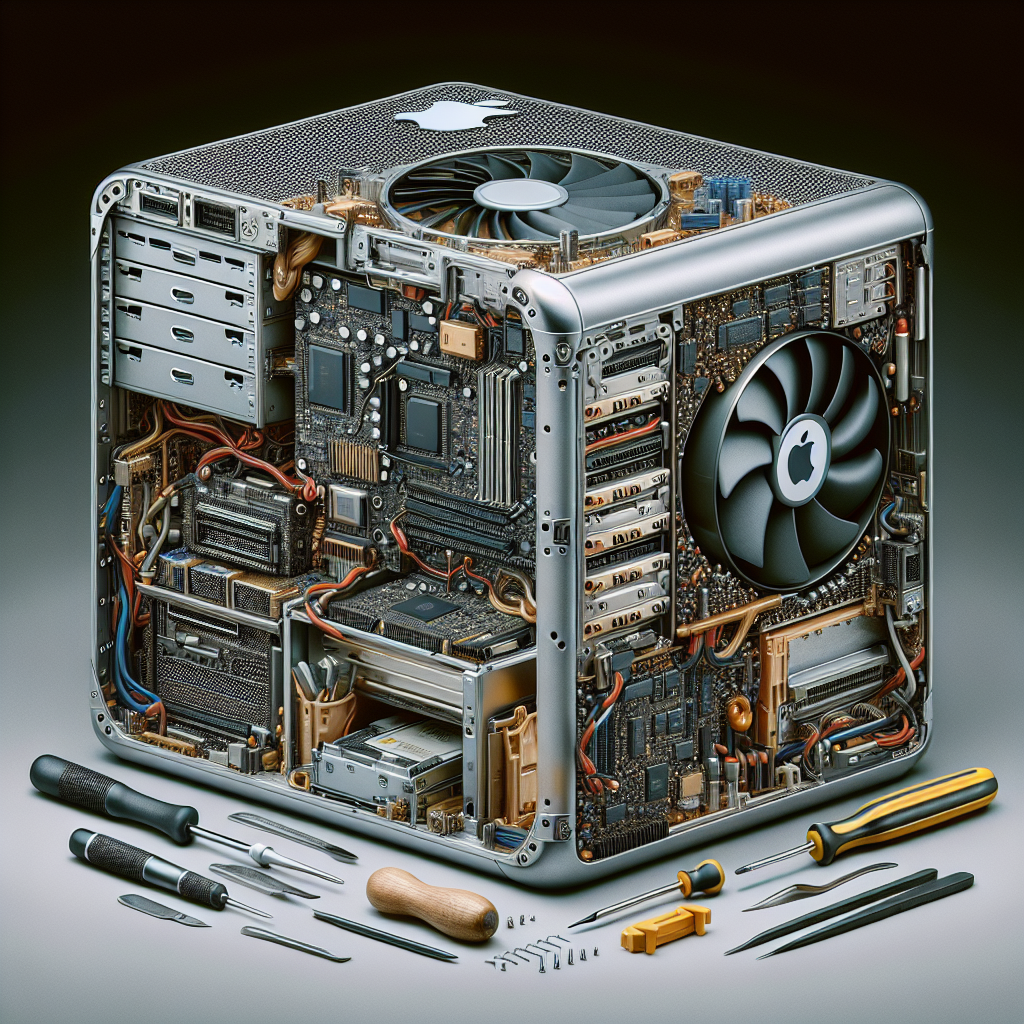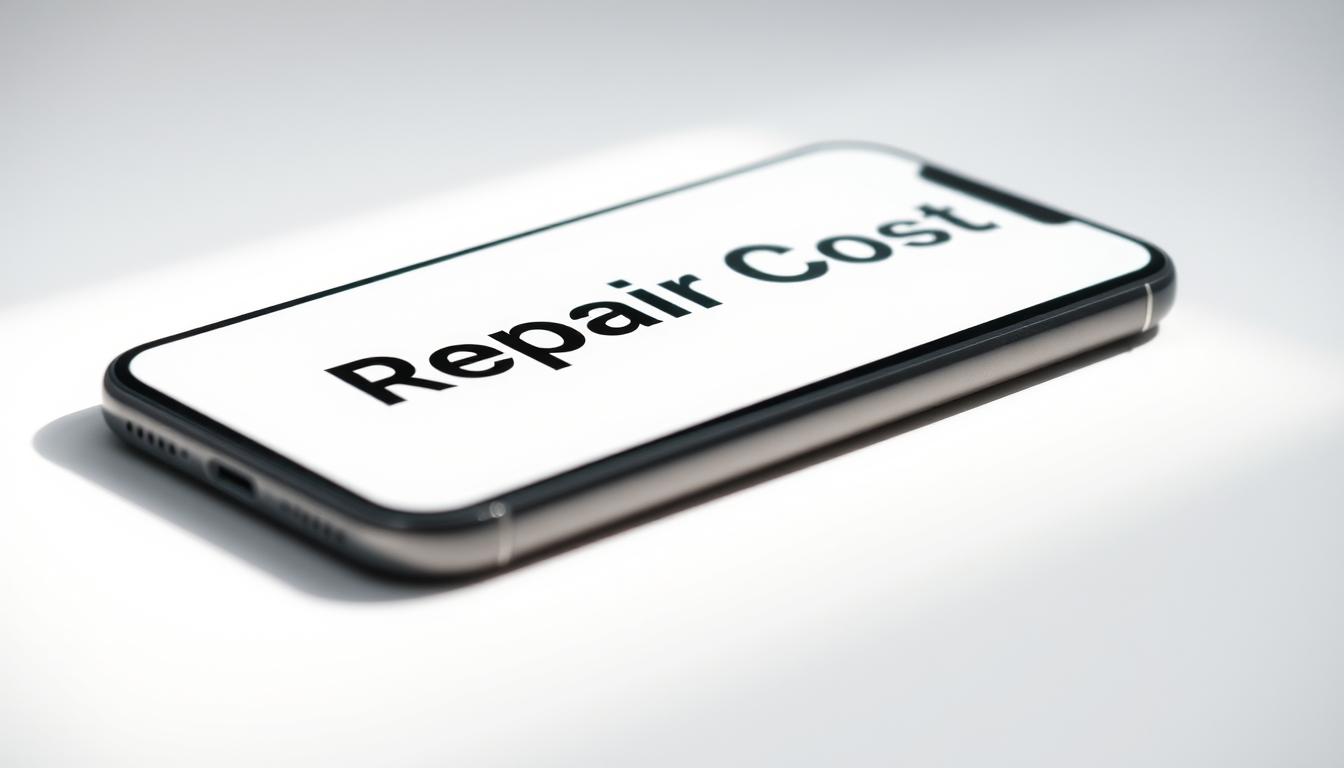Introduction
Mac computers are known for their reliability and longevity. However, like any electronic device, they have a limited lifespan. As technology continues to advance at a rapid pace, you may be wondering how often you should replace your Mac to keep up with the latest features and performance improvements.
In this article, we will explore when it’s time to replace your Mac and the factors to consider when making this decision. Whether you’re a student, professional, or casual user, this guide will help you determine the best time to upgrade your Mac.
Table of Contents
- Factors to consider when replacing your Mac
- Signs it’s time to replace your Mac
- How often should a Mac be replaced?
- Key takeaways
- Frequently Asked Questions
- Conclusion
Factors to consider when replacing your Mac
Before diving into how often you should replace your Mac, it’s important to consider the following factors:
1. Performance
As software and applications become more demanding, older Mac models may struggle to keep up with the performance requirements. If you notice a significant decrease in speed and responsiveness, it may be a sign that it’s time to upgrade to a newer model.
Think of it like a car – as the years go by, older models may not be able to reach the same speeds or handle the same load as newer models. Upgrading to a more powerful Mac can ensure you have a smooth and efficient computing experience.
2. Compatibility
Technology evolves quickly, and this includes hardware and software compatibility. Older Mac models may not be able to run the latest operating systems or support certain applications. If you rely on specific software or need to stay up-to-date with the latest features, it’s important to consider whether your current Mac can meet these requirements.
Similar to how a vintage car may struggle to run on modern fuel or lack the necessary safety features, an outdated Mac may limit your ability to use the latest software and take advantage of new technologies.
3. Reliability and Repairs
Over time, electronic devices may experience hardware failures or require repairs. While Macs are generally reliable, older models may be more prone to issues due to wear and tear. If you find yourself frequently dealing with repairs or facing system crashes, it may be a sign that it’s time for a replacement.
Think of it like an old house – while it may have served you well for many years, there comes a point when the foundation starts to crack, the plumbing fails, and the electrical system becomes outdated. Upgrading to a new Mac can provide a fresh start with improved reliability and fewer maintenance headaches.
Signs it’s time to replace your Mac
Now that you’ve considered the factors, here are some signs that indicate it’s time to replace your Mac:
- Frequent system crashes or freezes
- Inability to run the latest software or operating systems
- Sluggish performance, long loading times, or unresponsive apps
- Hardware failures or components reaching the end of their lifespan
- Lack of storage space for your files and applications
If you’re experiencing any of these issues, it may be worth exploring the option of replacing your Mac.
How often should a Mac be replaced?
The lifespan of a Mac can vary depending on various factors, including usage, model, and technological advancements. As a general guideline, it’s recommended to replace your Mac every 5-8 years.
However, it’s important to note that this is just an estimate and not a hard rule. Some Macs may last longer with proper maintenance and upgrades, while others may become outdated sooner due to rapid advancements in technology.
Think of it like a smartphone – while it’s common for people to upgrade their phones every 2-3 years, some may hold onto their devices for longer if they meet their needs and still perform well.
Ultimately, the decision to replace your Mac should be based on its performance, compatibility, and reliability. If your current Mac no longer meets your needs or is struggling to keep up with the demands of modern software, it may be time to start considering an upgrade.
Key takeaways
- Performance, compatibility, and reliability are important factors to consider when deciding to replace your Mac.
- Signs that it’s time to replace your Mac include frequent system crashes, inability to run the latest software, sluggish performance, hardware failures, and lack of storage space.
- On average, it’s recommended to replace your Mac every 5-8 years, but this can vary depending on usage and technological advancements.
Frequently Asked Questions
How can I prolong the lifespan of my Mac?
To prolong the lifespan of your Mac, consider the following tips:
- Keep your operating system and software up to date
- Regularly clean your Mac and remove unnecessary files
- Use a cooling pad to prevent overheating
- Handle your Mac with care and avoid physical damage
- Consider upgrading the RAM or storage if possible
Can I upgrade my Mac instead of replacing it?
Yes, in some cases, upgrading certain components of your Mac can help improve its performance and extend its lifespan. Common upgrade options include adding more RAM, replacing the hard drive with an SSD, or upgrading the graphics card. However, not all Mac models are easily upgradable, so it’s important to check the compatibility and feasibility of upgrades for your specific model.
Conclusion
Knowing when to replace your Mac is essential for staying productive and up-to-date with the latest technology. By considering factors such as performance, compatibility, and reliability, you can make an informed decision about when it’s time to upgrade. Remember, while there is a general guideline of replacing your Mac every 5-8 years, the decision ultimately depends on your specific needs and the capabilities of your current Mac.
Whether you’re a student, professional, or casual user, upgrading your Mac at the right time can provide a better computing experience and ensure you can take advantage of the latest features and software advancements.














